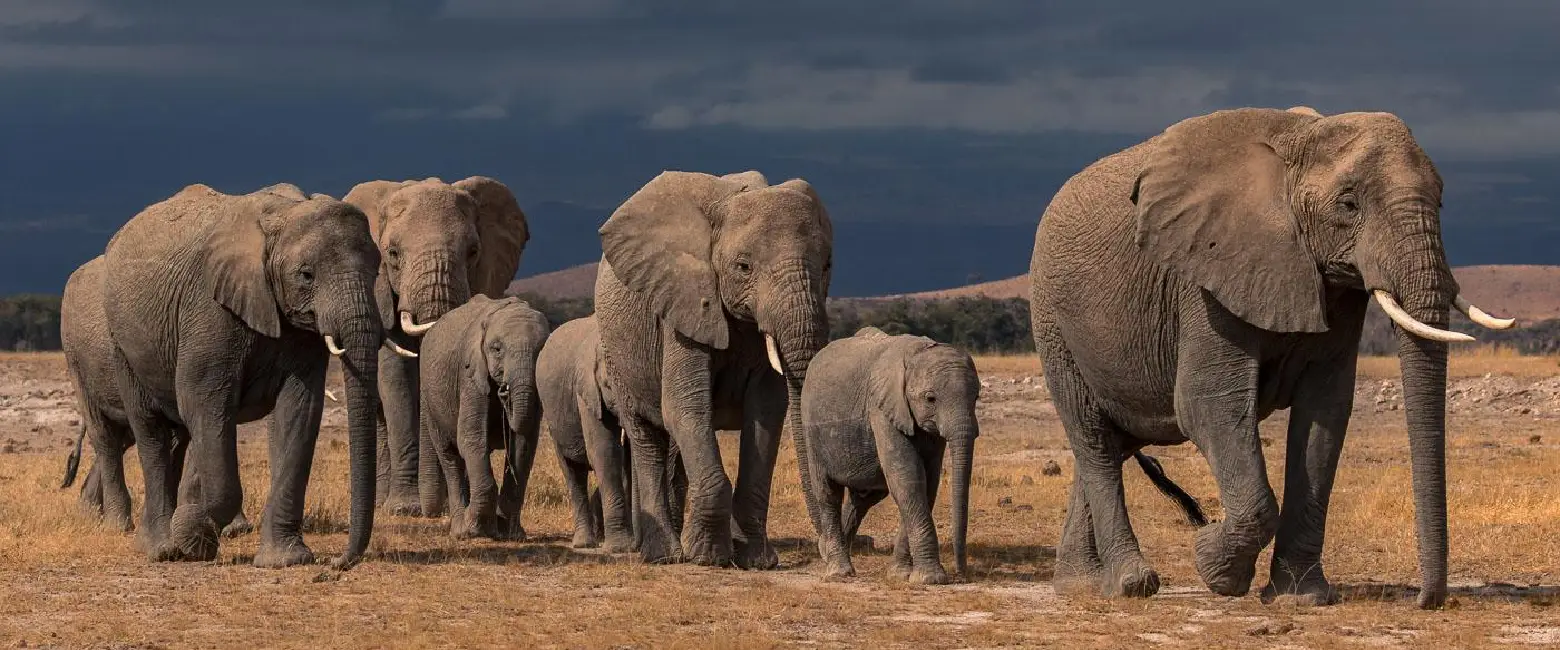
Planning a safari to Kenya is exciting, but it often comes with questions about safety, seasons, packing, food, and visas. With iconic landscapes like the Masai Mara, Amboseli, and Tsavo, Kenya is one of the best safari destinations in Africa.
To help you travel with clarity, we’ve answered some of the most common Kenya Safari FAQs below, covering everything from visa formalities to wildlife sightings, costs, and what to expect once you arrive.
The best time to travel to Kenya for a safari is during the dry months, June to October and January to February. These months offer clearer skies, less vegetation, and excellent wildlife visibility, especially around waterholes. July to September is ideal if you want to catch the Great Wildebeest Migration in the Masai Mara. If you’re combining Kenya and Tanzania safaris, this also aligns with the best time to visit Tanzania.
The Kenya Safari Cost depends on the type of experience you choose. Budget safaris can cost around $150–$250 per person per day, mid-range safaris range from $300–$600, and luxury options can go beyond $800. Prices include park entry fees, accommodation, meals, guide services, and transportation. Fly-in safaris and private vehicles raise the cost, while group travel reduces it.
Yes, all foreign nationals must obtain an Electronic Travel Authorization (eTA) before arrival. Traditional visas are no longer issued as of January 2024. The eTA can be applied for online at etakenya.go.ke, and typically costs $30–$50. You'll need a valid passport, flight and accommodation details, and a recent photo. Learn more on our Kenya Visa guide page.
Yes, Kenya is safe to travel, especially when you're booked with a licensed safari operator. Major safari parks are secure, with experienced guides and clear visitor protocols. Nairobi and other urban centres require standard travel caution. We recommend using registered transport, avoiding isolated areas at night, and staying updated on health advisories such as malaria or yellow fever precautions.
A well-planned Kenya Safari Packing List helps you travel light but be prepared. Pack neutral-colored clothing, a light jacket for chilly mornings, sun protection, insect repellent, binoculars, and a camera. Avoid bright colours and camouflage prints. Most safari lodges offer laundry services, so 3–4 outfits are enough. Remember soft-sided luggage if you're flying into remote airstrips.
For a fulfilling experience, we recommend at least 7–10 days. Spend 2–3 nights in each park to allow for different game drives and wildlife behaviour. A typical Kenya Safari Package might include time in the Masai Mara, Amboseli, and Lake Nakuru, with optional beach extensions in Mombasa or Diani. Combining locations gives a more complete safari experience.
Kenya safari foods are a mix of African staples and international cuisine. Lodges typically serve buffet or à la carte meals with fresh, local ingredients. You’ll find dishes like ugali, nyama choma (grilled meat), sukuma wiki (greens), and mandazi (fried dough). Vegetarian and special diets are usually accommodated with advance notice.
Kenya is known for the Big Five: lion, leopard, elephant, buffalo, and rhino. Other highlights include giraffes, zebras, cheetahs, wildebeests, flamingos, hippos, and crocodiles. Game drives usually happen early morning and late afternoon. For those interested in rare sightings, private conservancies and night drives offer added chances.
While Kenya Safaris are the main draw, there’s more to explore. You can visit the Karen Blixen Museum in Nairobi, hike in Mount Kenya National Park, experience Swahili culture in Lamu, or relax on the white-sand beaches of Diani. Don’t miss a hot-air balloon ride over the Masai Mara, it’s a safari favourite.
Yes, Kenya Safari Packages are tailored for all travel styles. Families can enjoy child-friendly lodges and guided nature walks. Honeymooners love private camps and scenic sundowners. Senior travellers benefit from fly-in safaris and customised pacing. With experienced guides and flexible itineraries, Kenya suits everyone—from adventure seekers to those seeking quiet wildlife moments.
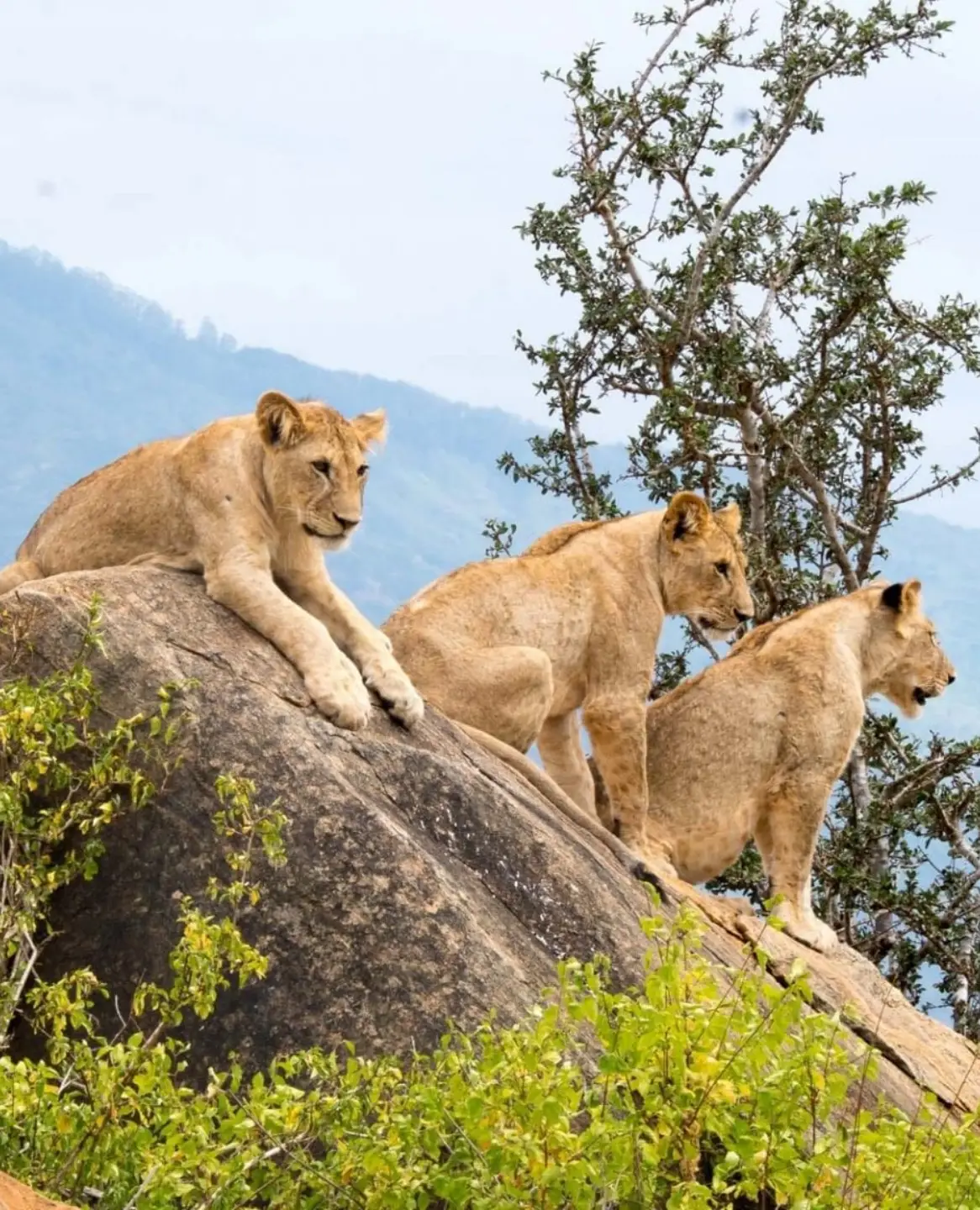
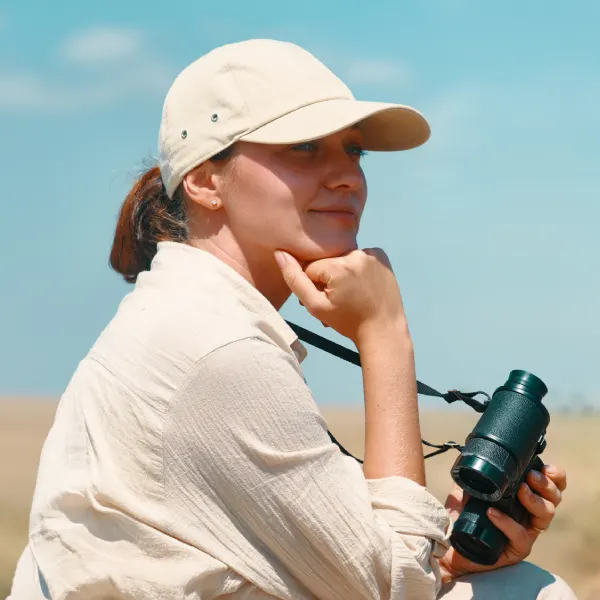
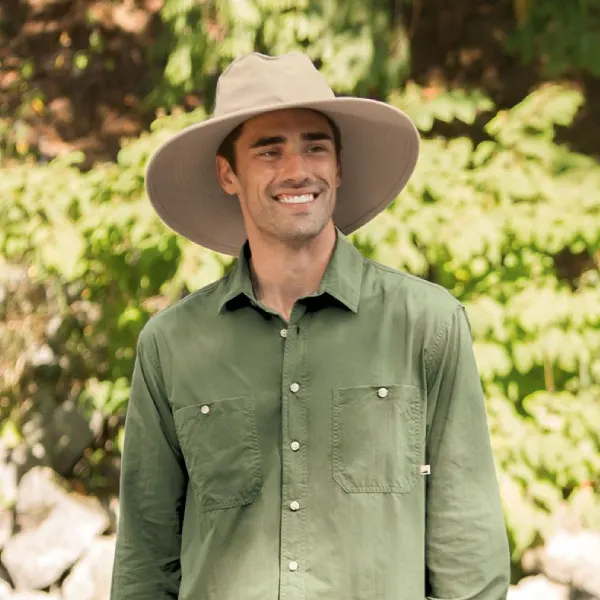
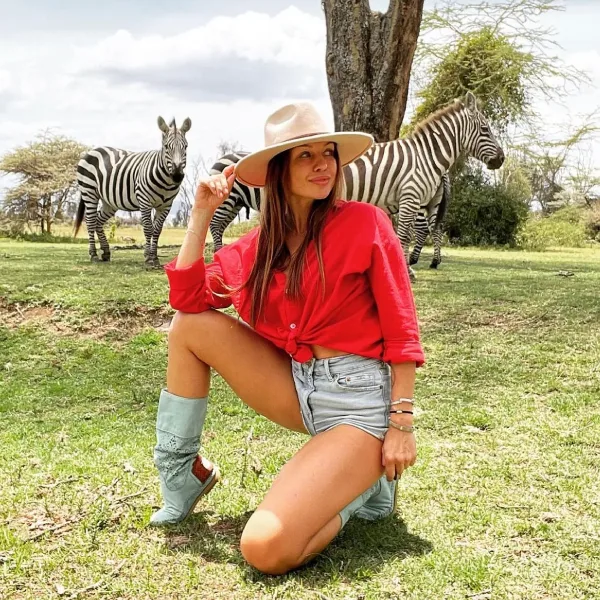

Melodica Africa Tours creates lasting change—supporting local communities, conserving wildlife, and protecting nature. Join us in travelling responsibly and making a meaningful difference with every unforgettable safari experience.
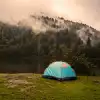
Feb 2025
The guide was absolutely fantastic. Emanuel was present answering questions and not least telling a lot like the animals.

Feb 2025
The guide was absolutely fantastic. Emanuel was present answering questions and not least telling a lot like the animals.
Talk to our friendly safari experts today. We’ll care, guide, and create a journey that’s perfectly tailored to your dreams—authentic, personal, and unforgettable.
Call us today from 9am
+254722626235
Managing Director

Sales & Reservations Manager
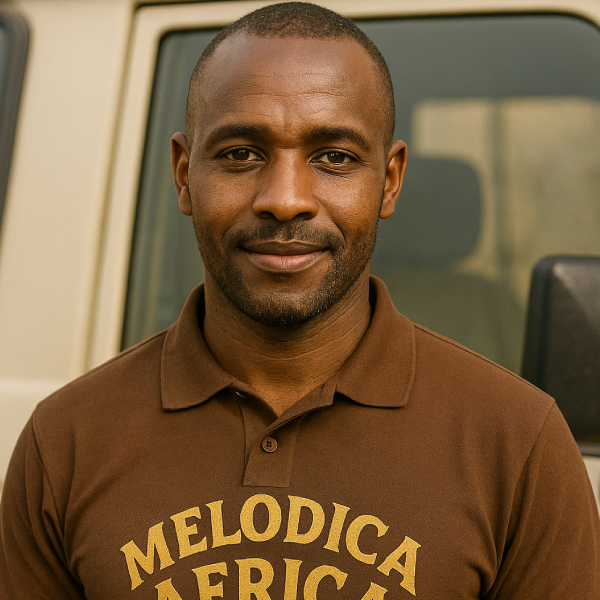
Tour Consultant